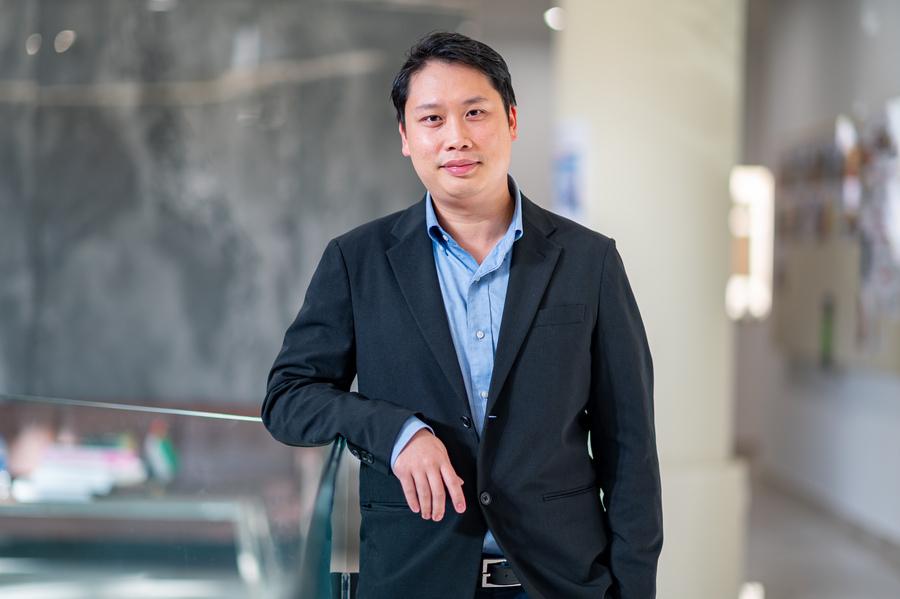- About
- Admissions
- Study at AUS
- Prospective Students
- Bachelor's Degrees
- Master's Degrees
- Doctoral Degrees
- Admission Publications
- International Students
- Contact Admissions
- Grants and Scholarships
- Sponsorship Liaison Services
- Testing Center
- New Undergraduate Student Guide
- Undergraduate Orientation
- New Graduate Student Guide
- Graduate Orientation
- File Completion
- Payment Guide
- Students with Disabilities
- Executive and Continuing Education
- Academics
- Life at AUS
- Research
- Contact Us
- Apply Now
- .

AUS professor’s paper “What Does China Want?” sparks debate in US policy circles
An article co-authored by Dr. Jackie S. H. Wong, Assistant Professor in the Department of International Studies in the College of Arts and Sciences (CAS) at American University of Sharjah (AUS), is gaining significant traction in US foreign policy and think tank circles for its evidence-driven insights on China’s global strategy. Co-authored with Professors David Kang (University of Southern California) and Zenobia Chan (Georgetown University and Oxford), the piece was published in International Security (Vol. 50, No. 1), a journal ranked among the top in political science, international relations and law.
Their paper analyzes more than 12,000 articles and hundreds of speeches by Chinese leaders and argues that China is a relatively status quo power, primarily focused on regime stability, sovereignty and economic relations, challenging the widespread perception among US policymakers that it seeks global dominance.
“This research underscores the importance of examining evidence carefully before drawing conclusions about China’s intentions,” said Dr. Wong. “Our findings show that the United States’ heavy focus on conflict and war-fighting is misplaced, and points to opportunities for cooperation on shared global priorities, including climate change and pandemic preparedness.”
Dr. Yuting Wang, Professor and Head of the AUS Department of International Studies, emphasized that the publication highlights CAS’ strong commitment to cutting-edge research on global international relations. “Our faculty bring global expertise and innovative perspectives to their work,” Dr. Wang said. “This article is an excellent example of the kind of evidence-based, globally relevant research policymakers can leverage to develop a more nuanced and informed understanding of international dynamics.”
The paper’s findings have been amplified across several influential platforms. The Belfer Center for Science and International Affairs at Harvard University—one of the world’s most respected policy think tanks—highlighted the article on its channels. Pekingnology, a widely read newsletter with over 22,000 subscribers known for its in-depth analysis of Chinese sources, also featured the paper. Dr. Wong has additionally appeared on CNN and been invited to appear on Sinica, a leading English-language podcast on China affairs with a strong policy and academic audience.
The attention on the paper comes as international coverage continues to focus on China’s military displays and assertive foreign policy. Just this week, The Guardian reported on Beijing’s large-scale military parade attended by leaders from Russia, Iran and North Korea, in a piece primarily focused on China’s projection of military strength and efforts to rally non-Western allies. For China watchers, analysts and others in international diplomatic circles, Dr. Wong’s evidence-based research offers an important counterpoint to the narrative in many international media outlets, pointing toward a more nuanced understanding of China’s priorities and opportunities for engagement on shared global challenges.
For more about CAS’ international relations degree programs, visit www.aus.edu/cas/department-of-international-studies.

